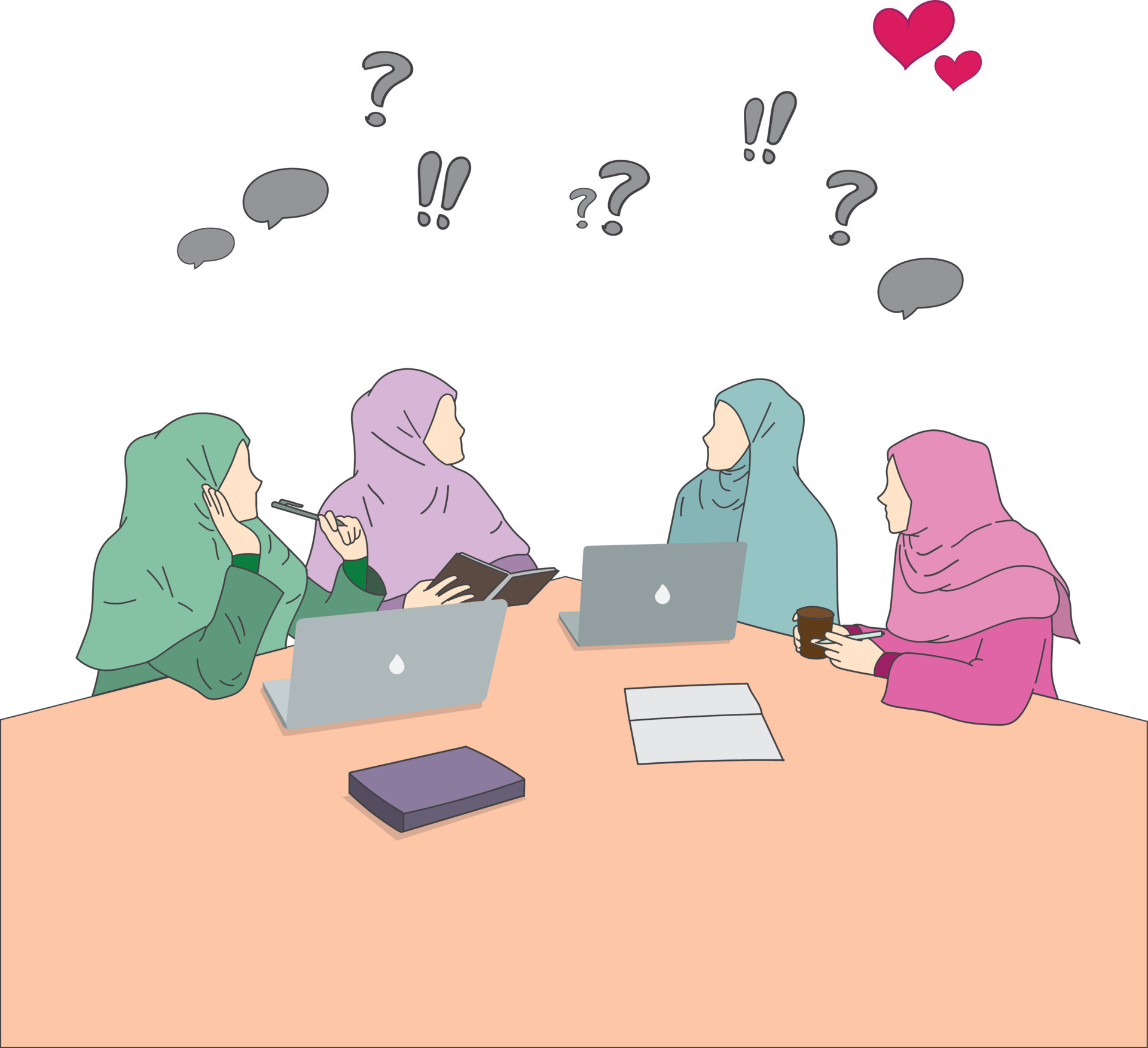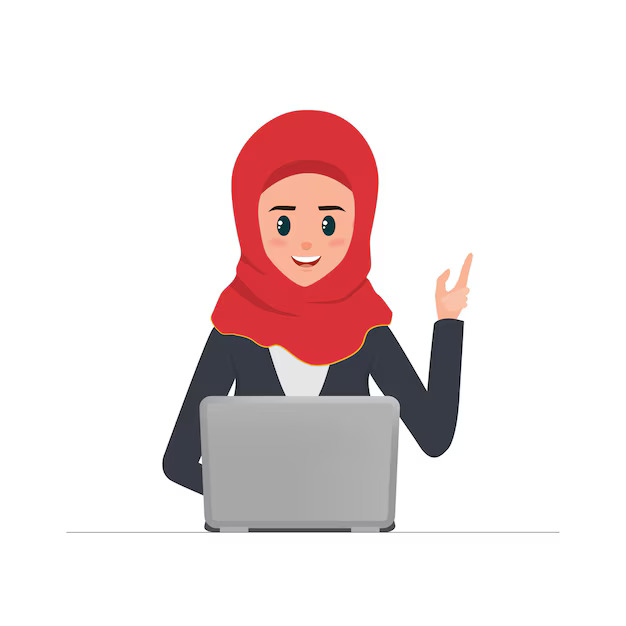
Beneficiaries Application Process
The beneficiaries are selected by the representatives through their muhallas and local
organizations to identify the genuine needy beneficiaries. Destitute women from the
district are required to fill in an application form and this is submitted to the district
representatives. They are responsible to perform due diligence to verify and validate the
genuinity of the application.
Almost 99% of the women fall under the zakah category and hence donation can be
from zakah.
The application is then submitted to the District Collector and after the application is
approved by the government the funds are directly deposited to the bank account of the
beneficiary.
Beneficiaries are looking for financial assistance towards improving their standard of
living, children’s education, seed money towards starting a small scale business. In
addition, skill oriented training in the field of tailoring, embroidery, shoemaking, handicraft
and other need-based training is given free of cost.






